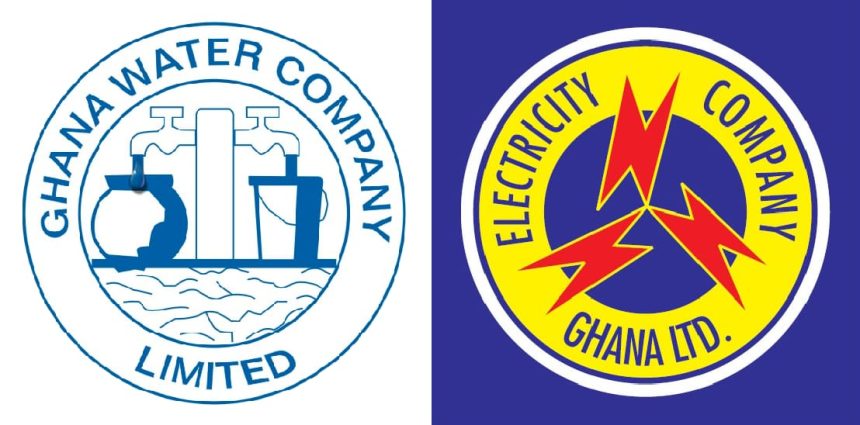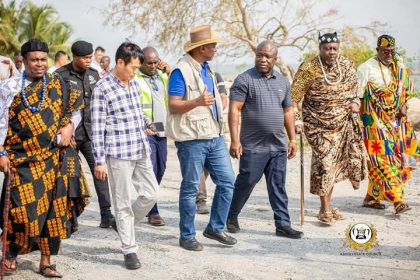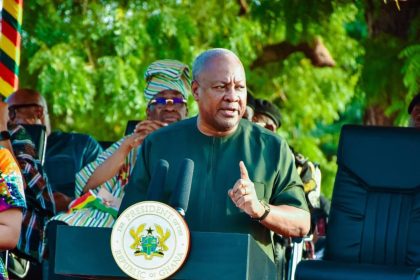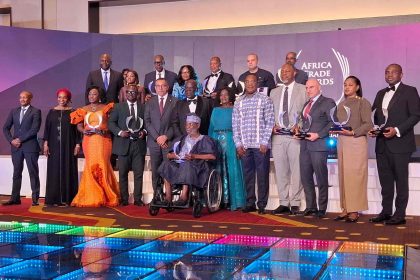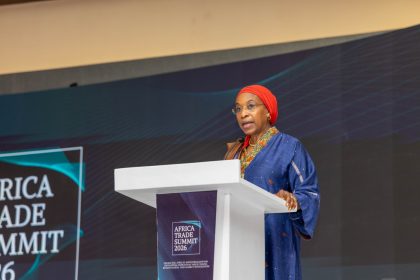The Public Utilities Regulatory Commission (PURC) has assured Ghanaians that consumer interests remain central to its tariff decisions, as utility service providers continue to propose sharp increases in electricity and water charges.
Dr Eric Obutey, Director of Research and Corporate Affairs at the PURC, responding to concerns raised by residents of Ho after a stakeholder meeting organised by the Commission, explained that tariff determination went beyond figures, balancing scientific analysis with social and economic considerations.
“Tariff setting is both a science and an art,” Dr Obutey told the Ghana News Agency (GNA). “The science involves crunching the numbers, while the art considers issues like social impact, political context, and economic realities before a final decision is announced.”
He said although utility companies often submitted proposals seeking increment of more than 200 percent to cover operational costs such as replacing transformers, purchasing poles, vehicles, lubricants, and chemicals, the PURC did not grant requests without strict justification.
“We conduct audits to assess whether previous funds allocated were used appropriately. If a utility company requests 8 percent, our analysis may justify only 2 percent. That is what we approve of,” Dr Obutey explained.
He emphasised that the PURC Board included representatives from consumer protection groups and organised labour, ensuring that the voices of ordinary Ghanaians were heard in the decision-making process.
Addressing public concerns that areas affected by illegal mining (“galamsey”) bore higher production costs for water treatment, Dr Obutey clarified that the current law mandated uniform pricing nationwide.
“The law gives us what is called a postage-stamp tariff system. It means someone in the North pays the same as someone in the South. Until Parliament reviews the law, we cannot set region-based tariffs,” he explained.
Consumer advocacy groups have in recent weeks called for reforms that would allow tariffs to reflect regional cost variations, but PURC insists its mandate is limited to enforcing the law as it stands.
Dr Obutey highlighted that PURC used international benchmarks such as the System Average Interruption Frequency Index (SAIFI) and Customer Average Interruption Duration Index (CAIDI) to measure utility performance.
“By these standards, we have observed notable improvements. Power supply has been relatively stable compared to previous years, though we continue to monitor performance closely,” he said.
He urged residents and consumers to actively participate in stakeholder dialogues, noting that their feedback informs PURC’s final decisions on tariffs and service quality.
The PURC is currently holding nationwide stakeholder engagements on proposed multi-year tariff adjustments up to 2030, with conclusions expected by the end of October.
A final tariff announcement is scheduled for mid-November and will take effect in January 2026.
Dr Obutey reaffirmed PURC’s commitment to protecting consumers while ensuring utilities remain financially viable, adding, “We aim for balance, keeping services sustainable without overburdening the Ghanaian public.”
GNA


